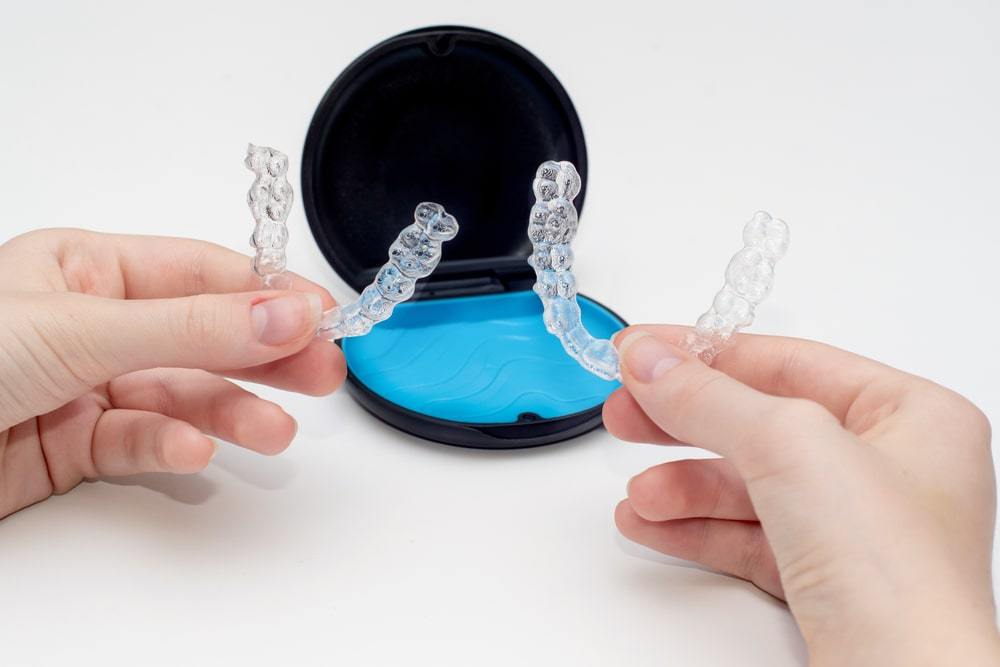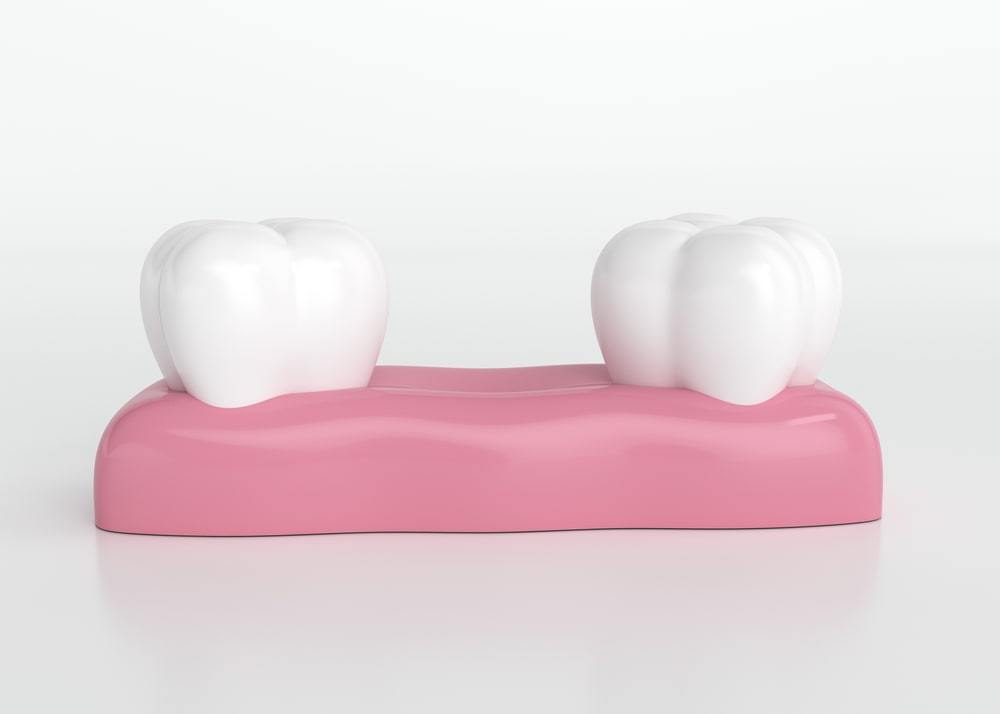Good oral health depends on small daily gestures and good oral hygiene habits. Your Brossard dentist and his team are committed to helping you adopt an effective daily hygiene routine. Here are 3 basic tips we’d like to share with you!
1. Choose a soft-bristled toothbrush
This is the main criterion when it comes to choosing your toothbrush. Make sure it has soft or extra-soft bristles. Why is this important? Because bristles that are too coarse can, over time and through repeated brushing, lead to progressive erosion of enamel. What’s more, the gums can also be attacked by brushing too vigorously or using a toothbrush with bristles that are too hard. This can lead to gingival recession, a problem that should not be overlooked.
In addition, avoid over-aggressive brushing techniques, such as brushing with a brisk back-and-forth side-to-side motion. Instead, adopt a gentle technique, as follows:
- Position the brush at a 45-degree angle, so that the tips of the bristles are at the base of the teeth;
- Brush in small, circular, up-and-down strokes;
- Applying light pressure is enough to dislodge plaque and food residues;
- Brush all teeth and all surfaces (outer, inner, chewing surfaces).
2. Use fluoride toothpaste
All adults should use fluoride toothpaste! This is an important element, since fluoride helps remineralize tooth enamel. Tooth enamel is the outer layer of the dentition, whose main function is to protect it. However, under the action of acids from the diet and those produced by oral bacteria, enamel is at risk of erosion. By helping to remineralize enamel, fluoride helps to strengthen it. It is an essential element in the prevention of dental caries.
3. Floss every day
Flossing is essential to maintaining good oral hygiene. It reaches the areas between teeth and along the gum line that brushing alone cannot effectively clean, removing plaque and food particles. By preventing plaque build-up, flossing contributes to gum health and reduces tartar build-up. It is therefore an essential habit for controlling the development of a number of pathologies, including gum and periodontal disease.
In addition, regular flossing helps prevent bad breath by eliminating bacteria and food debris that can cause unpleasant odours. It contributes to overall oral health by complementing brushing and regular dental check-ups. What’s more, maintaining good oral hygiene through daily flossing can have positive effects on systemic health. It can potentially reduce the risk of conditions such as heart disease and Alzheimer’s, which are associated with poor oral health.
Remember, the dental team is here to support and guide you on the path to optimal oral hygiene every day. Don’t hesitate to ask us any questions you may have during your next visit to our Brossard dental clinic, so that we can provide you with fully personalized advice tailored to your needs.


